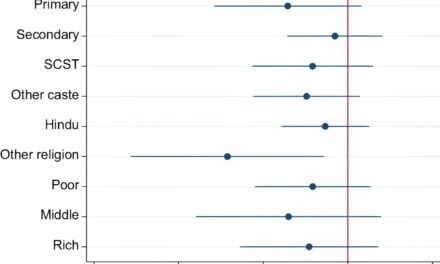In a groundbreaking study published in World Psychiatry, researchers have highlighted that the quality, rather than the quantity, of time spent online significantly influences mental health and wellbeing. The comprehensive report, authored by an international team of experts, challenges conventional wisdom by exploring the nuanced effects of digital engagement on cognition, social interactions, and emotional health.
The study underscores the need for personalized approaches to understand how internet usage affects individuals differently. While some content may be innocuous to one demographic, it could profoundly impact another. For instance, images promoting unrealistic body standards might exacerbate issues like eating disorders or low self-esteem among vulnerable populations.
Key findings from the report address various facets of increased online presence, including the phenomenon of ‘fear of missing out’, manipulation of behaviors through social media algorithms, social isolation, and heightened sedentary behavior. Co-author Professor Lee Smith of Anglia Ruskin University illustrates this disparity with contrasting scenarios: where excessive screen time leads to distraction and negative self-perception in youth, but fosters social connections and learning opportunities for older adults.
“Current guidelines often focus on limiting screen time, but our research emphasizes that the outcomes are shaped by more than just the hours spent online,” explains senior author Dr. Josh A. Firth from the University of Leeds. “Factors such as age, socioeconomic status, and the nature of online activities play pivotal roles in determining whether digital engagement enhances or diminishes wellbeing.”
The study integrates insights from neuroscience, public health, and psychological research to advocate for tailored strategies that maximize the benefits and mitigate the risks of digital interactions. Professor Smith concludes, “Understanding how internet usage affects individuals’ social functioning and brain health can inform guidelines that promote healthy digital habits across different demographics.”
As digital lifestyles continue to evolve, the report’s call for nuanced guidelines marks a crucial step towards empowering individuals to navigate their online experiences with mindfulness and informed choices. By recognizing the complex interplay between online activities and mental health, society can strive towards a balanced integration of digital technologies in everyday life.











